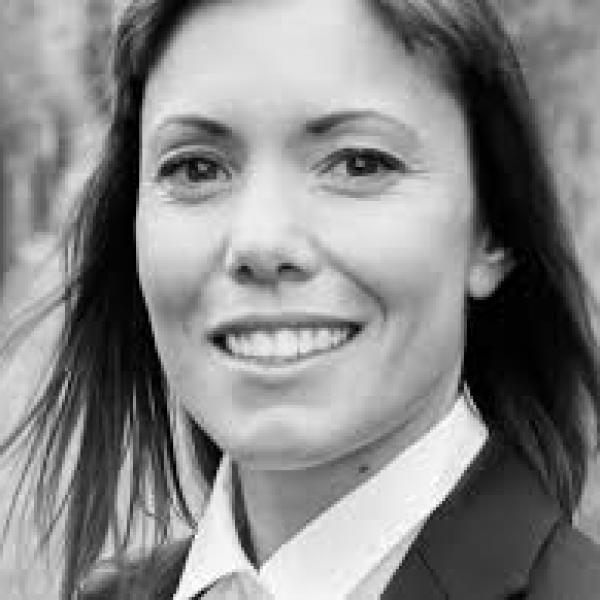Establishing 100% traceability for our cocoa supply chain in Côte d’Ivoire and Ghana
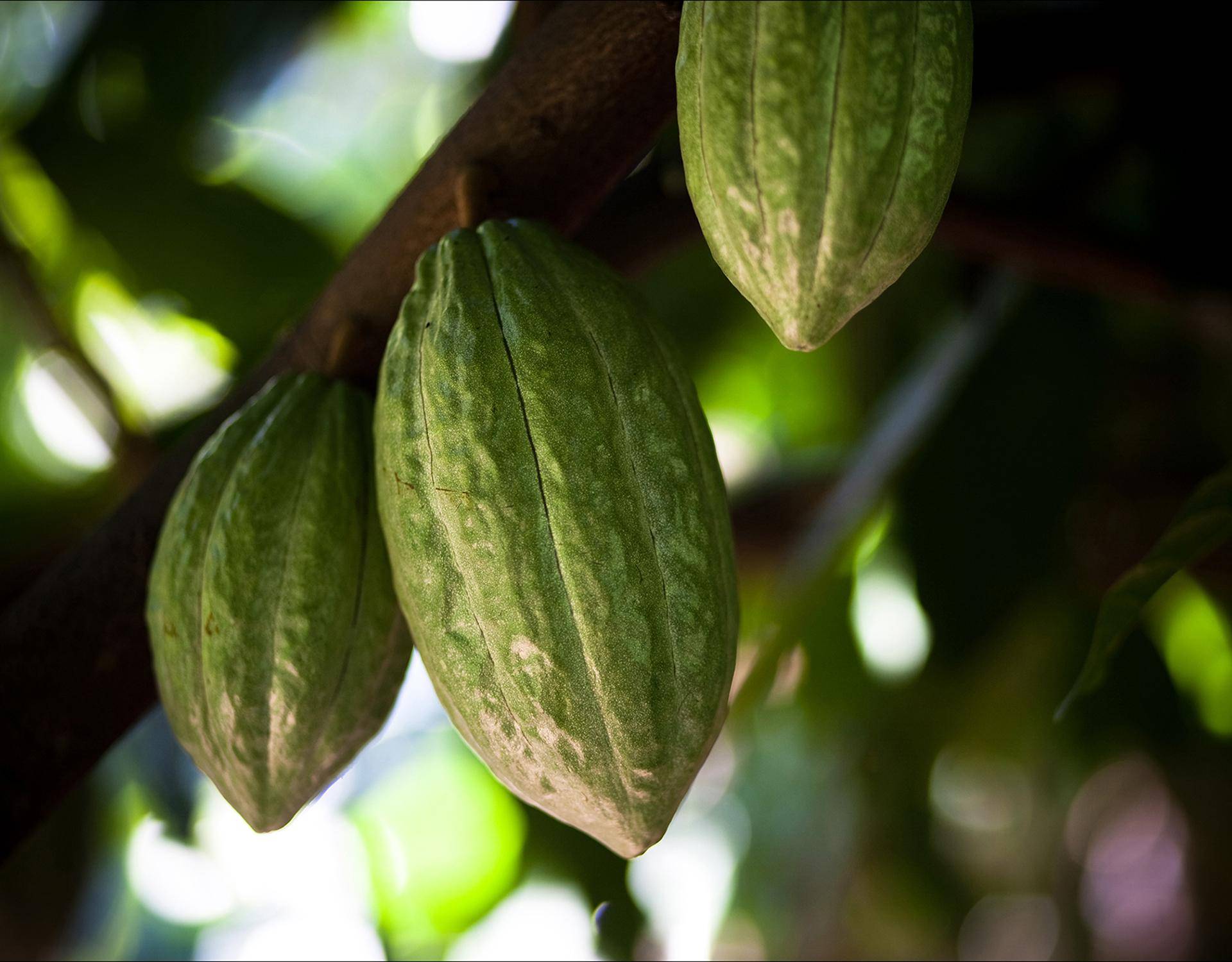
Establishing 100% traceability for our cocoa supply chain in Côte d’Ivoire and Ghana
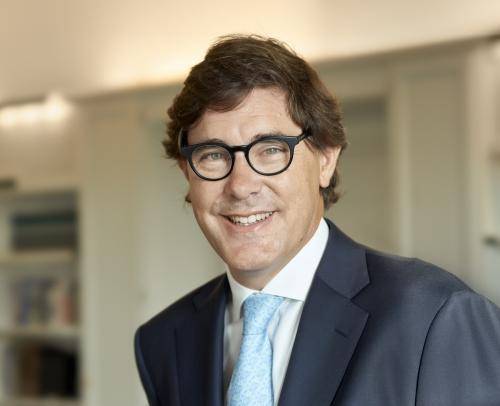
Q1. In November 2017, Barry Callebaut was one of the companies signing the Cocoa and Forests Initiative (CFI). What has Barry Callebaut done to implement its commitments?
The CFI is unique, cocoa is the only commodity to have such a clearly defined and agreed among stakeholders, path to end deforestation in the two largest cocoa producing countries in the world, Cote d’Ivoire and Ghana. The first step for the implementation of the CFI is to guarantee as a company that you are not directly sourcing from protected forest areas, which means knowing where your cocoa farmers are located and where they are sourcing from.
I am extremely pleased to say that we have mapped 100% of the farms and warehouses in our direct supply chain at risk of sourcing from protected forest areas. What this means is that we have mapped all cocoa farms within 5kms from a protected area and all cocoa warehouses within 25km from a protected area.
By the end of 2019, we will have mapped all the farms in Côte d’Ivoire and Ghana in our direct supply chain, establishing 100% traceability for our direct supply chain in the world’s two largest cocoa producing countries.
By end 2019 we will have 100% traceability for our direct supply chain in Côte d’Ivoire and Ghana
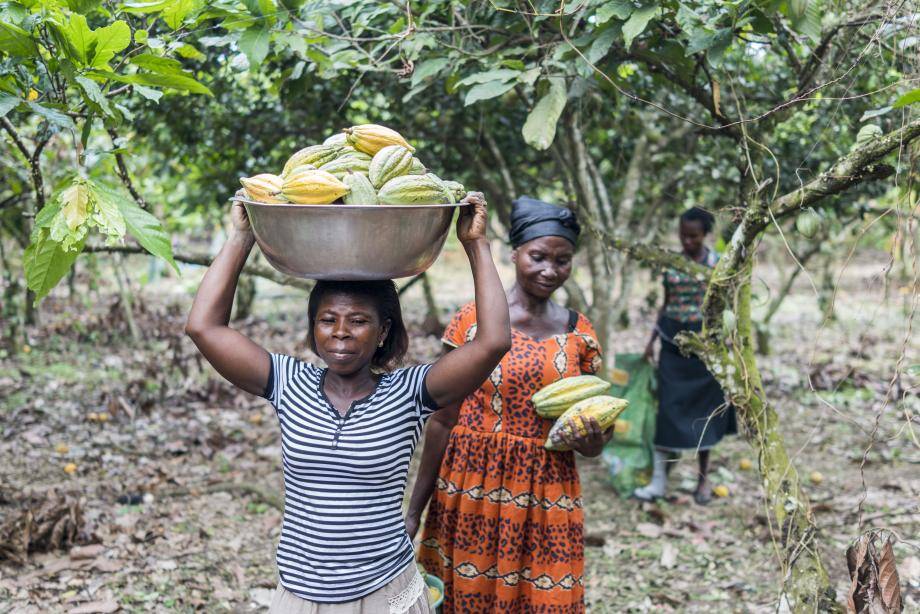
Q2. So why is mapping so significant?
Thanks to the mapping we have now excluded any cocoa purchases from farms fully or partly located within a protected area boundary.
Q3. Sounds like you have made good progress. What are some of the outstanding actions?
As a company we can focus on our direct supply chain, but we need government support to oblige all cocoa buyers in Côte d’Ivoire and Ghana to take the same mapping actions as we have done. This will be developed collaboratively with governments and other sector stakeholders under the CFI.
Furthermore, in terms of the identification of farms which have been found at risk of sourcing from National Parks and Reserves, we require guidance from the governments of Côte d’Ivoire and Ghana to adopt social and environmental safeguards to find alternative livelihoods for these farmers.
...we have now excluded any purchase from farms fully or partly located within a protected area boundary
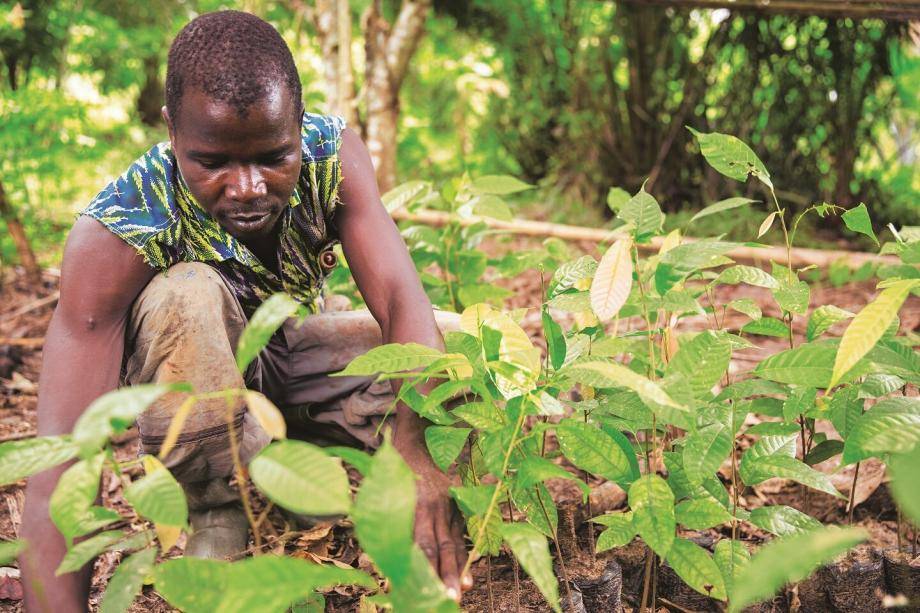
Q4. So, with the mapping almost completed, is your work done to stop deforestation in the cocoa supply chain?
Oh no, we are only getting started!
In addition to preventing the sourcing of cocoa from protected forest areas through traceability, Barry Callebaut is developing innovative agricultural projects with partners in Côte d’Ivoire and Ghana to restore previous cocoa land into agroforestry farming, incorporating shade and commercial tree species.
We have so far distributed over 1,8 million young cocoa seedlings for replanting in Côte d’Ivoire and Ghana. Until 2022, we aim to distribute 3,2 million cocoa seedlings to this purpose. Furthermore, we have so far distributed almost 390’000 shade trees for replanting in Côte d’Ivoire and Ghana.
Finally, the mapping serves to stop the sourcing from protected forest areas. In addition, we need to drive a systemic change to cocoa farming in Côte d’Ivoire and Ghana, as is clearly recognized in the CFI. This means stopping cocoa farmers from encroaching in protected forest areas by supporting them to grow more cocoa on existing agricultural land.
Together with participating farmers, we are developing customized Farm Business Plans, whereby we advise on the best mix of seedlings and fertilizers, and support farmers to access labor on credit for each farm. Last year, over 7’000 farmers had a Farm Development Plan a further 167’000 farmers were involved in sustainability programs.
